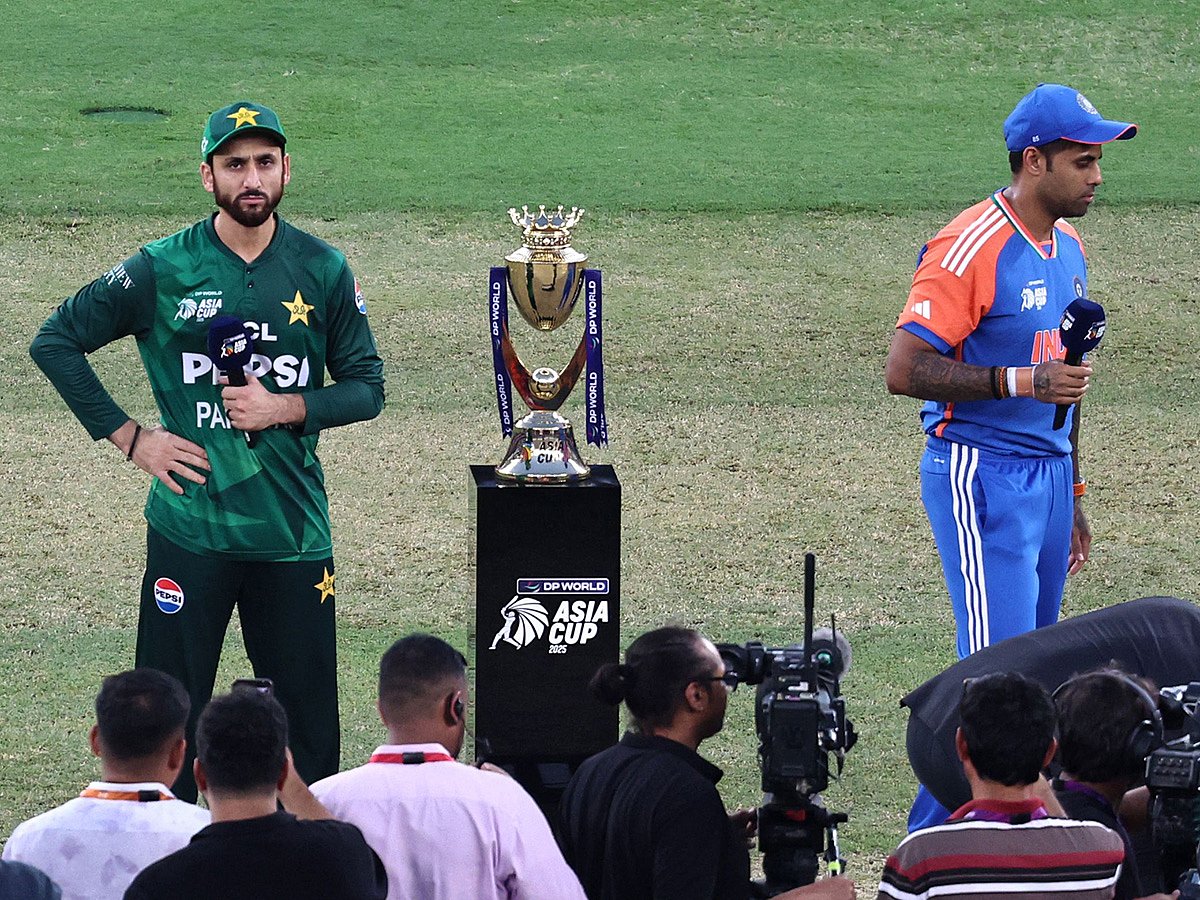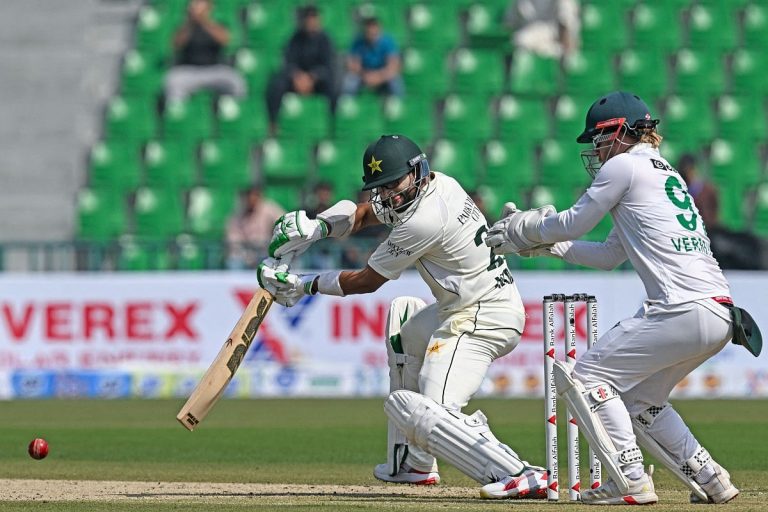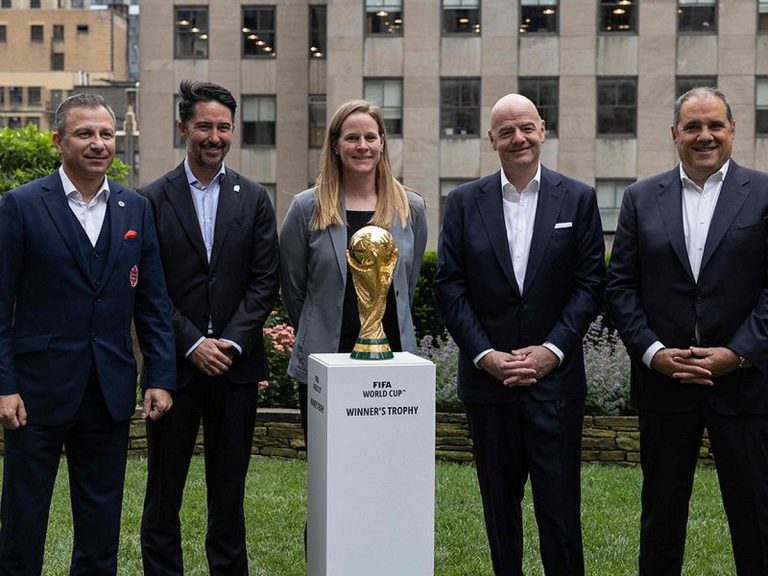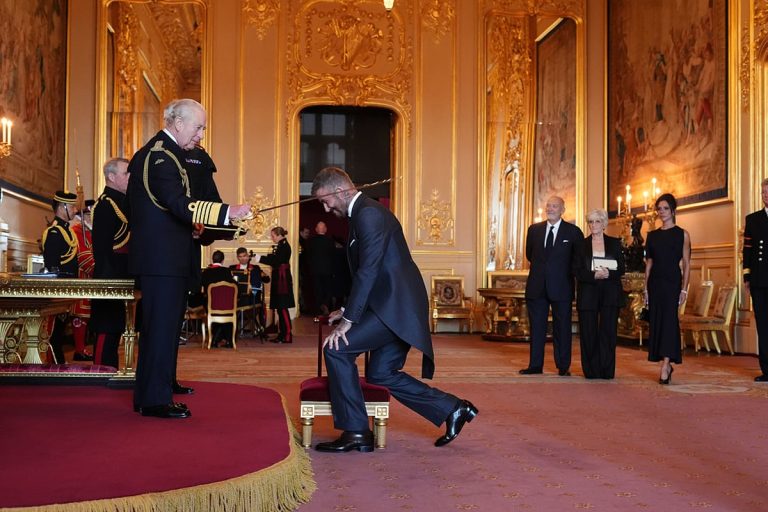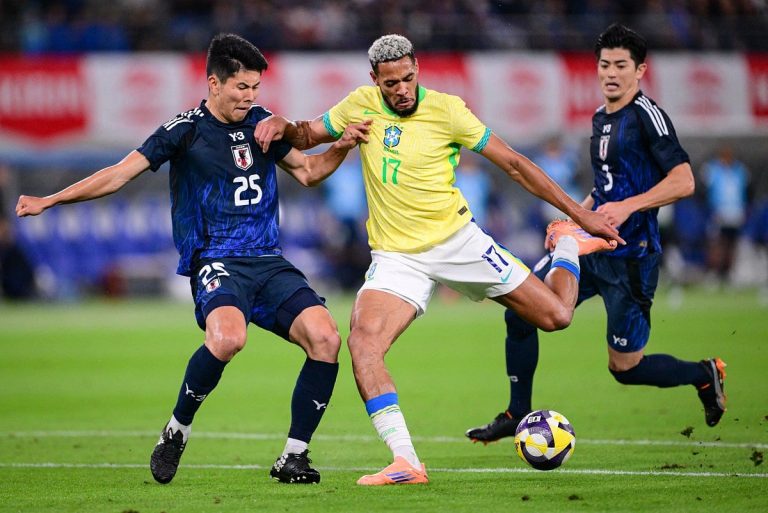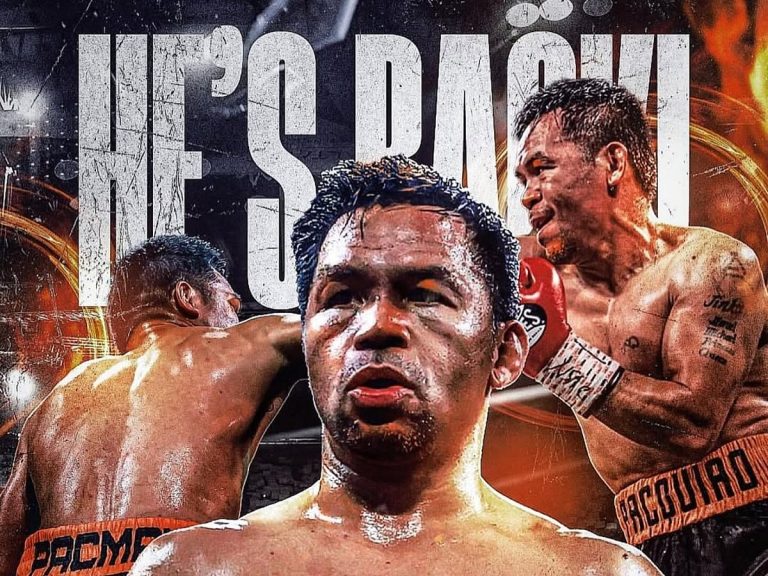BCCI and PCB Make Progress on Asia Cup Trophy Dispute
Recent discussions between the Board of Control for Cricket in India (BCCI) and the Pakistan Cricket Board (PCB) have marked a significant step toward resolving the ongoing controversy surrounding the Asia Cup trophy. Following India’s victory over Pakistan in the final, tensions escalated when the Indian team declined to accept the winner’s trophy from PCB chairman Mohsin Naqvi. This article explores the developments from a recent meeting aimed at addressing the issue.
Background of the Trophy Controversy
India triumphed over Pakistan in the Asia Cup final, but the aftermath was marred by the Indian team’s refusal to accept the trophy and medals from Naqvi. Consequently, the trophy has remained at the Asian Cricket Council (ACC) headquarters in Dubai, with Naqvi asserting that it should only be handed over to the Indian team directly.
Recent Meetings and Mediations
BCCI secretary Devajit Saikia confirmed that an informal meeting took place in Dubai, facilitated by the International Cricket Council (ICC). The discussions occurred on the sidelines of ICC board meetings, where Saikia and Naqvi engaged in a constructive dialogue. Saikia stated, “Although the Asia Cup issue was not on the official agenda, the ICC facilitated a separate meeting between us in the presence of senior ICC officials.”
The meeting lasted about an hour and was reportedly cordial, with both parties exploring potential solutions to the trophy dispute. Saikia mentioned that Naqvi would present options to resolve the stalemate, while the BCCI would also propose suggestions.
Dismissing Speculations
Despite rumors suggesting the formation of a special committee to address the trophy issue, Saikia clarified that these reports were unfounded. “That is totally incorrect news. There is no truth in that. It’s purely speculative,” he stated, emphasizing that no such discussions occurred during the ICC meeting.
Current Status of the Trophy
As it stands, the Asia Cup trophy remains securely at the ACC offices in Dubai. Naqvi has instructed staff not to move the trophy without his consent, reinforcing his position that the Indian team must accept it directly from him. Both boards are now committed to finding an amicable resolution, with communication channels reopened after a period of tension.
FAQs
What led to the trophy controversy?
The controversy arose after India won the Asia Cup final against Pakistan but refused to accept the trophy and medals from PCB chairman Mohsin Naqvi, leading to heightened tensions between the two cricket boards.
What was discussed in the recent meeting between BCCI and PCB?
The meeting focused on finding a resolution to the trophy dispute, with both sides discussing potential options to break the stalemate, facilitated by senior ICC officials.
Is there a special committee being formed to resolve the issue?
No, BCCI secretary Devajit Saikia has dismissed reports of a special committee being formed, stating that such discussions did not take place during the ICC meetings.
Conclusion
The recent talks between the BCCI and PCB signify a positive shift in resolving the Asia Cup trophy dispute. With both sides expressing a willingness to communicate and collaborate, there is hope for a swift resolution. As discussions continue, cricket fans will be eager to see how this situation unfolds in the coming weeks.
The Asia Cup, a prestigious tournament in the cricketing calendar, has historically fostered intense rivalries, particularly between India and Pakistan. The trophy dispute has not only highlighted the competitive nature of these encounters but also the underlying diplomatic tensions that can arise in sports. The refusal to accept the trophy is seen by some as a symbolic gesture reflecting broader issues in the relationship between the two nations, which have a complex history marked by both sporting camaraderie and political strife.
As both cricket boards work towards a resolution, the role of the ICC is crucial in mediating discussions and ensuring that the integrity of the tournament is upheld. The ICC has previously facilitated dialogue between member boards in contentious situations, emphasizing the importance of maintaining harmony in international cricket. The outcome of these negotiations could set a precedent for how similar disputes are handled in the future, potentially influencing the dynamics of cricketing relations in the region.
Also Read:
Asia Cup Trophy Controversy at ICC Meeting in Dubai
Kranti Goud’s Journey to World Cup Victory in Cricket
Brazilian Influencer’s Photo Sparks Political Controversy in

